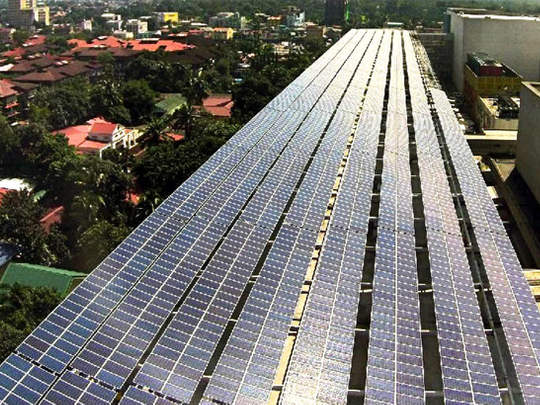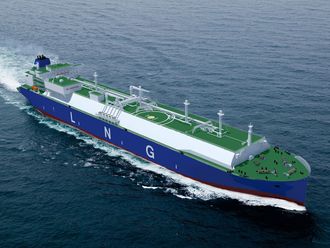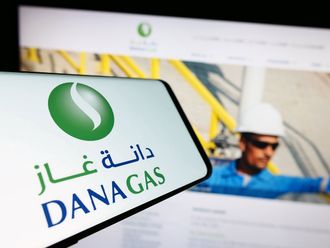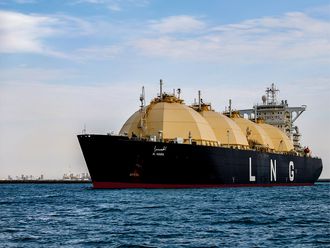
Manila: Solar companies will push the Philippine government to quadruple the size of an incentive scheme for suppliers of the renewable energy and to speed up project approvals, as the country grapples with precarious electricity supply.
Industry group the Philippine Solar Power Alliance (PSPA) said it would propose the steps to make it easier to develop projects worth an estimated $4 billion in the pipeline from local firms such as Aboitiz Power Corp and foreign companies like Thailand's Chow Steel Industries PCL.
Located right above the equator, the Philippines is blessed with plenty of sunlight throughout the year that could be used to help meet soaring power demand as manufacturing grows and call centre businesses boom.
But worries over the initial expense of solar projects have stymied the sector's development with many projects still at very tentative stages, hampering the country's efforts to shake its dependence on imported fossil fuels.
Under the government's current incentive programme, 500 megawatts of solar capacity will be entitled to guaranteed prices for 20 years. But the PSPA wants to extend that to around 2 gigawatts.
"We will draft an industry roadmap, which we will present to the government as the basis of our proposal which is for 2 gigawatts," said Theresa Cruz-Capellan, chief executive of SunAsia Energy Inc and president of the PSPA. The country's solar capacity currently stands at around 110 MW.
Mario Marasigan, director of the renewable energy management division of the government's energy department, said Manila would need time to assess the impact of more ambitious solar targets.
Taking too long?
The PSPA also said getting regulatory approval such as permission to convert land into solar farms and other environmental clearance had been slow.
"We have to deal with many people in the government from local to national level to get permits," Cruz-Capellan told Reuters in an interview.
She added that a rule saying that projects need to be 80-percent complete before developers can apply to receive minimum tariffs, sometimes made it difficult to get financing.
The government's Marasigan said that conditions for receiving guaranteed tariffs were clear. "It's first-come, first-served based on completion," he said.
The proposals would help the Philippines follow regional neighbour Thailand, which has poured record sums of money into its solar sector.












